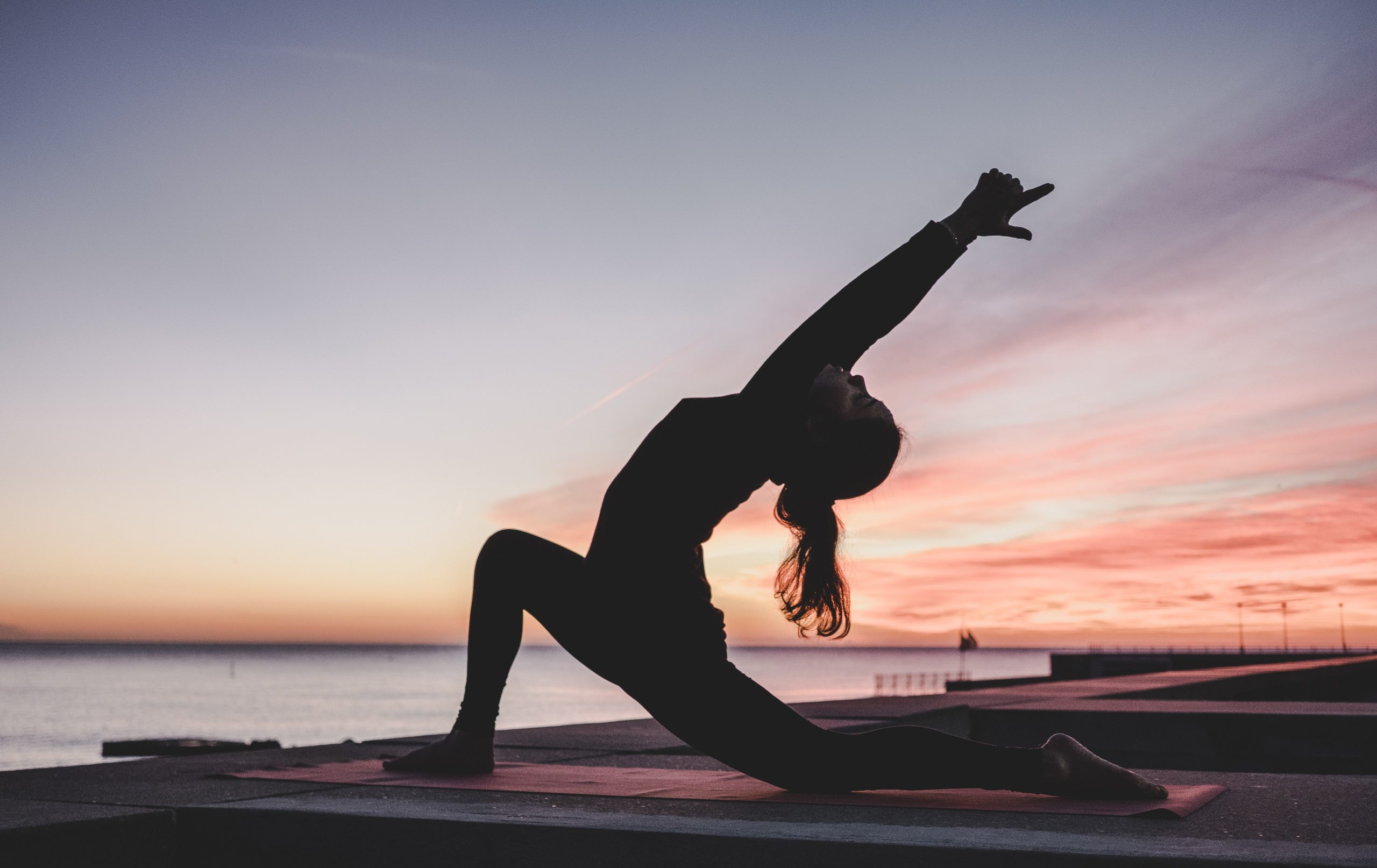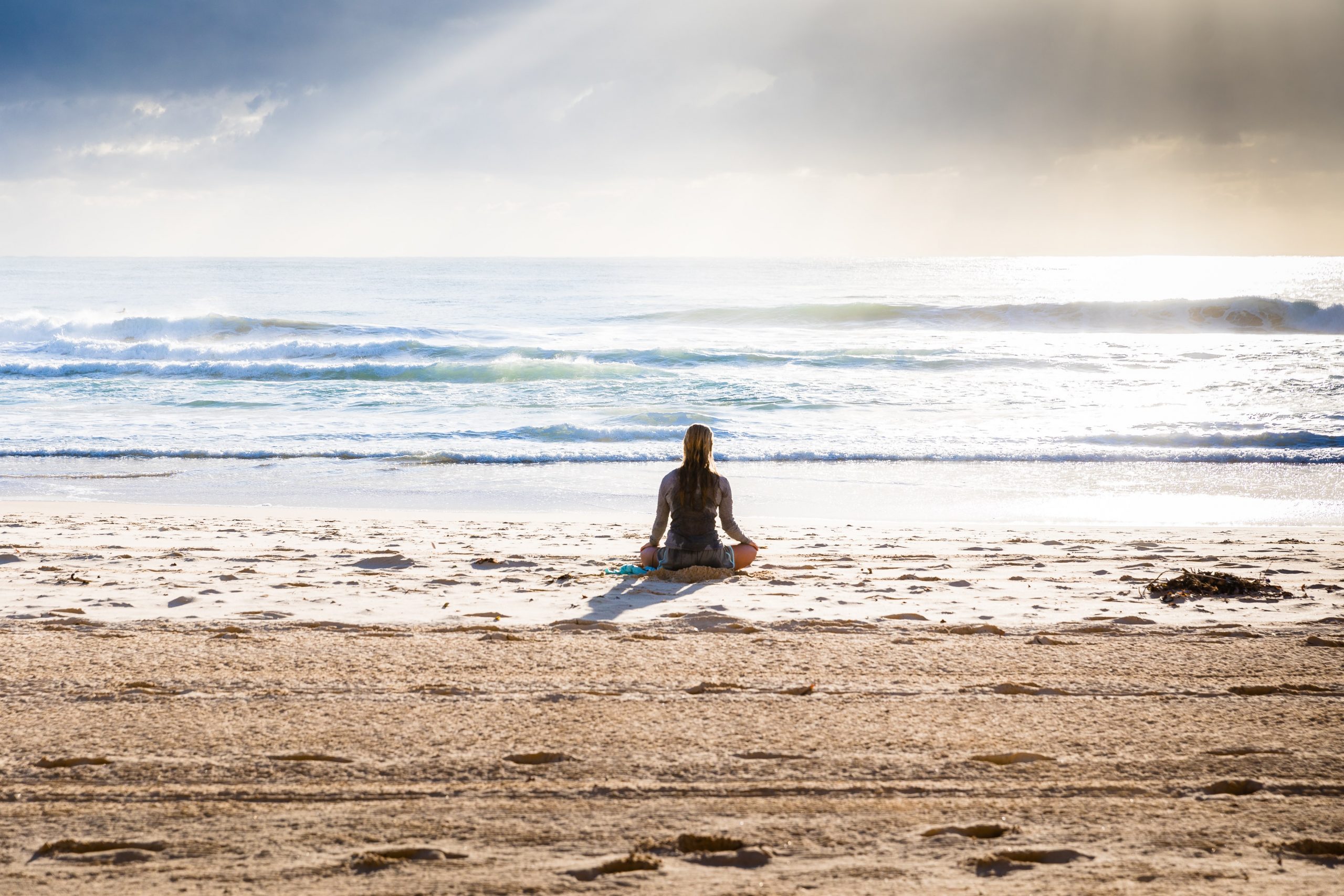Benefits of Yoga

The practice of Yoga can be traced back over 5,000 years, although other researchers believe that it may be up to 10,000 years old; it can therefore be said that Yoga has a long, rich history and as a discipline, it offers many physical benefits as well as emotional and mental health benefits. Yoga is a unison of your mind, body and place in the universe. When practicing yoga you should be aware of the effort you are putting in, but with no pressure and certainly no comparisons to anyone else. It is about you and your body working as one to balance, grow and build your own self-awareness. Many adults have recognised the benefits of yoga, but maybe have started later in life. Therefore, by engaging young children in Yoga at an early age, we can hope to ignite a passion in children for Yoga which continues into adulthood. But why would we want children to practice yoga? What are the benefits?
Physical
The common outcome I feel that most people are looking for when they start practicing yoga are the physical benefits; Yoga helps with balance, strength, endurance, flexibility and posture and while you are developing your body you are challenging yourself. These are great outcomes for children, who are constantly developing and need weight-bearing activities to strengthen and grow. It also doesn’t matter what the person next to you is doing, it is about challenging yourself and furthering yourself.

Yoga can help develop awareness of their body capabilities and learn how to use their bodies in a safe, structured way. It also improves aerobic capacity benefiting a child’s whole self, where they look after and understand their own body.

Mental
It is hard being a child in this day and age. Children have to deal with many situations governed by society. Yoga helps to release stress from the body and the same with the mind. With mindfulness now a focus in many schools, Yoga always offers this within its psychological benefits. Yoga can improve memory, self-esteem, academic performance (most physical activities have been found to aid academic performance), focus and improve classroom behaviour. Like many sports it is a way to channel your mind into another discipline. This then helps reduce anxiety and stress in children, as it is a positive way to release stress and tension, by giving your body and mind time to reflect. Positive practices, such as happy thoughts at the start of each yoga session from everyone, promotes the feelings of self-worth and the happiness or love hormone, Oxytocin, reduces cortisol within the body, which in turn reduces stress on the body and mind. The breathing exercises children experience within the yoga class all help to manage stress, awareness and build concentration; tools they are learning which can be applied outside of the yoga classroom when needed.

Emotional
Yoga is noncompetitive - you practice yoga for yourself, which teaches the children self-acceptance and to love themselves and the amazing things they can do with their bodies and mind.
Self-doubt is a huge emotional factor that we all face and by providing a safe, positive environment to practice yoga, we are giving them a space away from a world of busy people, school pressures, social media influences (as a few examples), which are stressful for children and in turn can have emotional effects. The practices in Yoga increase their confidence and positive self-image, it is great to be a part of something bigger and something adults participate in as well. I know my daughter likes to do the things I do and practicing yoga together develops our relationship, and builds a stronger bond. Children also feel part of a group of like-minded children, in a safe space, with no judging and full of positivity.
Summary
Many adults practice Yoga, I believe, because they are initially looking to get physically fit. This motivation for practicing yoga changes over time as they realise that Yoga offers much more, as mentioned above; self-reflection, self-growth and the physical benefits developed in unison with emotional and mental transformations, increasing your overall wellness, and studies have shown this to be beneficial in reducing stress and decreasing the release of cortisol (the primary stress hormone), which in turn improves your overall health.



Therefore I believe it is imperative that we start with children and give them the tools to navigate as best they can through life’s challenges. There is an increasing number of mental health issues associated with young people.
Yoga can help counter the pressures that children face. They learn techniques for self-health, relaxation, and inner fulfilment, aiding them to navigate life's challenges with a little more ease. Starting Yoga at an early age encourages self-esteem and body awareness. It is also non-competitive physically, so children learn cooperation, another skill that is used and applied in everyday life.
If children start their Yoga journey early, and have a good experience when they are young, they are more likely to continue with this discipline and hopefully use the skills discussed above, to help deal with the experiences that they face day-to-day, in the real world as they grow into young adults. What a privilege it is to teach children Yoga, as there are so many benefits, and more significantly it could signal the start of their journey in learning about themselves.
References
Wei, M. (2016) MD, JD More than just a game: Yoga for school-age children
POSTED JANUARY 29, 2016, 9:30 AM , UPDATED AUGUST 30, 2016, 2:59 PM
Children’s Society (2008) The Good Childhood Inquiry: health research evidence. London: Children’s Society.
Kishore Kumar Katuri, AnkineeduBabuDasari, Sruthi Kurapati, Narayana Rao Vinnakota, Appaiah Chowdary Bollepalli, RavindranathDhulipalla (2016 Jan-Feb)Association of yoga practice and serum cortisol levels in chronic periodontitis patients withstress-related anxiety and depressionJ IntSocPrev Community Dent. ; 6(1): 7–14.
